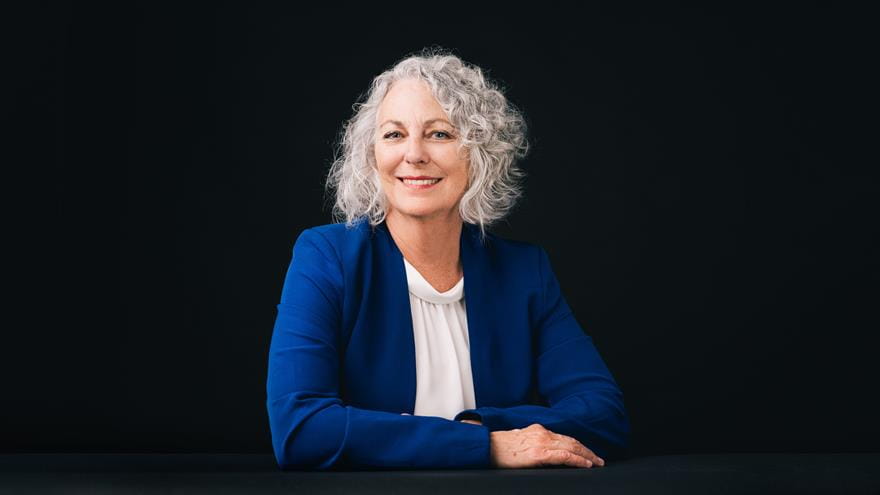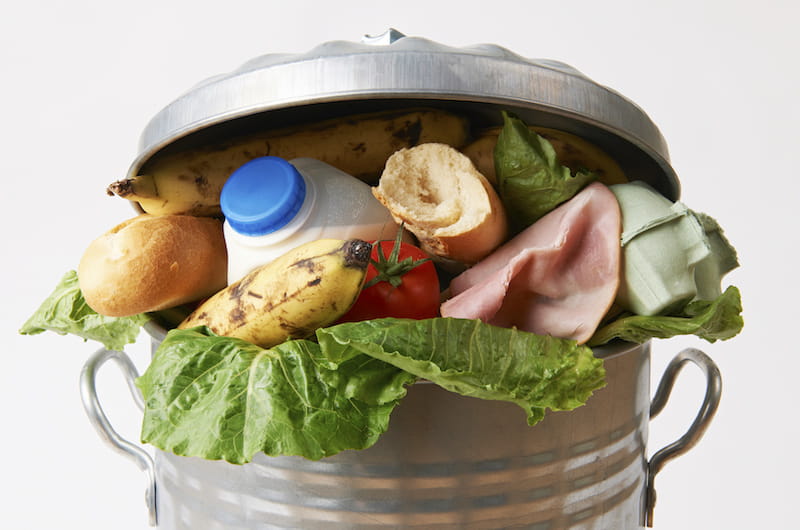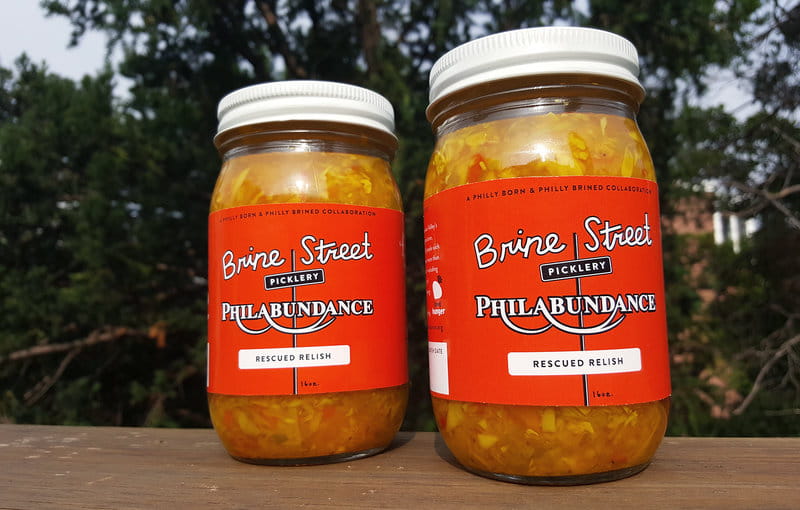Will People Eat Relish Made from ‘Waste’ Ingredients? Drexel Study Finds They May Even Prefer It

- Renowned Geneticist Vicki L. Chandler, PhD, to Address Drexel College of Medicine Class of 2024 During Commencement
- New Project Examines Racism and Resilience Among Black Autistic Children and Caregivers
- Fashion Icon Mary McFadden 'The High Priestess of High Fashion' Exhibition Opens at Drexel
- On the Trail of Deepfakes, Drexel Researchers Identify ‘Fingerprints’ of AI-Generated Video

A new Drexel University study found strong potential for consumer acceptance of a new category of foods created from discarded ingredients.
The joint research, led by three Drexel professors, Jonathan Deutsch, PhD professor in the Center for Food and Hospitality Management, Hasan Ayaz, PhD, associate research professor in the School of Biomedical Engineering and Rajneesh Suri, PhD, professor in the LeBow College of Business along with three graduate students Siddharth Bhatt, Jeonggyu Lee and Ben Fulton, sought to find out if foods made from surplus ingredients — termed value-added surplus products (VASP) — that would have been otherwise wasted can be a promising solution to food insecurity if appropriately marketed to consumers.
“There is an economic, environmental and cultural argument for keeping food, when possible, as food and not trash,” said Deutsch, who has created ‘upcycled’ products with the Drexel Food Lab in the past. “Converting surplus foods into value-added products will feed people, create opportunities for employment, entrepreneurship and lower the environmental impact of wasted resources.”

American households are estimated to collectively throw away 80 billion pounds of food each year. Many ingredients are also discarded during the manufacturing process and perfectly edible produce deemed ‘ugly’ doesn’t make it to grocery displays. This all seems to amount to a careless waste when more than 42 million Americans experience food insecurity.
But the big question has been this: Will consumers accept products made from ingredients that were destined for the garbage? Would a person actually eat—and pay for—a granola bar made from spent brewing grains or a relish made from vegetables unfit for the supermarket?
While the macro-economic benefits of value-added surplus products seem clear, the trash-adjacent quality could make people reluctant to consume such products. Drexel researchers decided to decipher the consumers’ decision-making process to help come up with appropriate communication for these products.
The researchers conducted a series of tests as a first attempt to understand a consumer’s decision-making process with respect to this new food category, value-added surplus foods. They examined three product cues for value-added surplus products: product description, label and benefit (to self or others).
In the first study, participants were presented with three food categories:
- Conventional
- Organic
- Value-added surplus food
Study participants were presented four different foods using these descriptions.
Participants felt that value-added surplus products were more helpful to the environment than conventional foods, but less helpful when compared to organic foods. The results demonstrated that participants clearly identified value-added foods as a unique category with unique perception, separate from organic and conventional categories.
Next, researchers tested nine product labels to brand value-added surplus products: Upcycled, recycled, upscaled, rescaled, reprocessed, reclaimed, up-processed, resorted and rescued. “Upcycled” was observed the most preferred label, followed by reprocessed.
For the final test, the researchers looked into whether a product’s benefit for self or others factored into their feelings. It turned out that participants affirmed that consuming value-added products will generate greater benefits to others than themselves.
The positive findings of this study are of value to sustainability advocates, food marketers and scholars. By exploring consumer acceptance of and potentially a preference for value-added surplus products, this research marks some of the first attempts to empirically examine a consumer’s evaluation process for this novel food category. Most importantly, researchers have begun to evaluate how to efficiently present value-added surplus products as a novel category of food to consumers, so that it may contribute some relief to the global food crisis.
“Value-added surplus foods may be perceived closer to organic foods as a category, encouraging the possibility of promoting such foods as a new category offering benefits to society.”
Not only that, but selling these foods could also prove lucrative.
“Depending upon how you communicate such products, they might also be able to fetch a price premium, like those afforded to organic foods,” Suri explained.
Those interested can read the study, “From food waste to value-added surplus products (VASP): Consumer acceptance of a novel food product category,”published in the Journal of Consumer Behavior, here. The study was co-authored by Siddharth Bhatt and Jeonggyu Lee, PhD candidates in Drexel’s Lebow College of Business, Benjamin Fulton, a graduate student in food science, Jonathan Deutsch, PhD, a professor in the Center for Food and Hospitality Management and Department of Nutrition Science, Hasan Ayaz, PhD, associate research professor in Drexel’s School of Biomedical Engineering, Science and Health Systems, and Rajneesh Suri, PhD, vice dean for Research and Strategic Partnerships and professor of Marketing at Drexel’s LeBow College of Business
Drexel News is produced by
University Marketing and Communications.